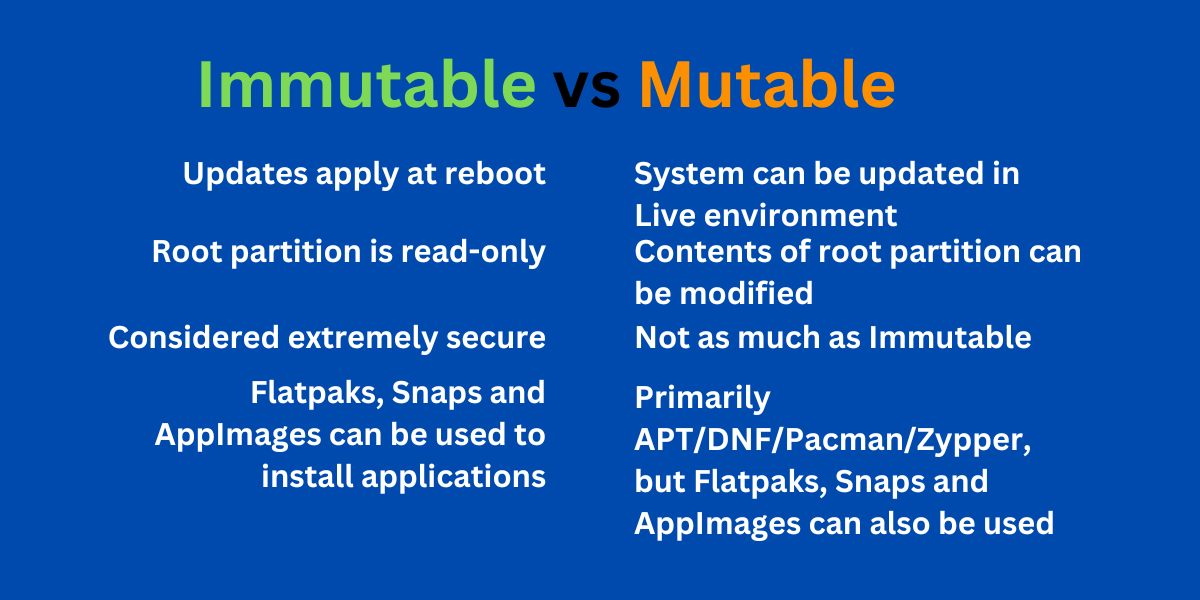this post was submitted on 13 Jan 2025
347 points (93.9% liked)
Linux
49150 readers
1176 users here now
From Wikipedia, the free encyclopedia
Linux is a family of open source Unix-like operating systems based on the Linux kernel, an operating system kernel first released on September 17, 1991 by Linus Torvalds. Linux is typically packaged in a Linux distribution (or distro for short).
Distributions include the Linux kernel and supporting system software and libraries, many of which are provided by the GNU Project. Many Linux distributions use the word "Linux" in their name, but the Free Software Foundation uses the name GNU/Linux to emphasize the importance of GNU software, causing some controversy.
Rules
- Posts must be relevant to operating systems running the Linux kernel. GNU/Linux or otherwise.
- No misinformation
- No NSFW content
- No hate speech, bigotry, etc
Related Communities
Community icon by Alpár-Etele Méder, licensed under CC BY 3.0
founded 5 years ago
MODERATORS
you are viewing a single comment's thread
view the rest of the comments
view the rest of the comments

I had a systemd unit that ran it weekly after the update one ran. I feel like the default behavior though should be automatic purge old unused runtimes though too. I don't see why that wouldn't the case to me.
I've even gone so far as wanting to force run time changes underneath the packs because of Caves and such, but thats my niche and puts security over function.
Definitely not a free lunch sys admin wise, but it is still a marked improvement over native apps 98% of the time for me.